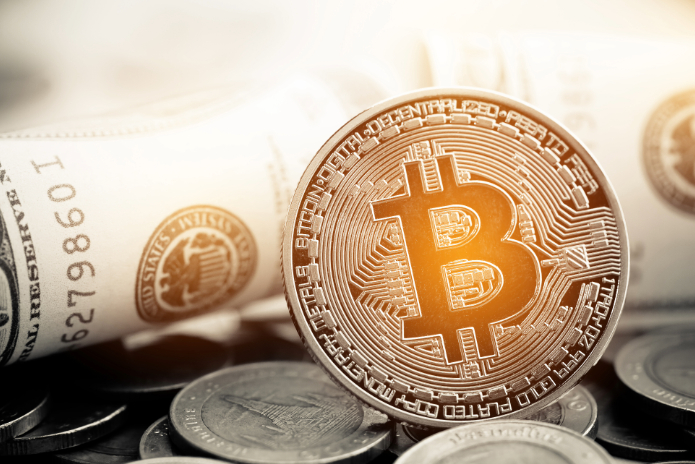According to a survey by Bitso¹, a crypto-based financial services company, an investment of US$1,000 in bitcoin would have yielded US$1,981 in the last 12 months (corresponding to approximately R$11,000 at the dollar exchange rate on July 21, 2025), an appreciation of 98.1%, the best performance when compared to 15 other investment alternatives analyzed in the same period.
In a scenario of global economic instability, geopolitical tensions, and monetary policy reassessments, Bitcoin topped the rankings for best performance over the past year among major market assets, such as stocks, funds, commodities, bonds, currencies, and other cryptocurrencies. Reinforcing its position as a solid alternative for portfolio diversification, now in direct competition with traditional options, Bitcoin outperformed assets such as gold (+39%), silver (+25.3%), coffee (+21.5%), and also key indicators of the Brazilian economy, such as the Ibovespa (+11.7%). Meanwhile, stocks such as Vale (-14%) and Petrobras (-17%) posted losses during the period, followed by oil (-19%).
The appreciation of the world's largest cryptocurrency is accompanied by a significant institutional movement. BTC, which in recent days reached a new all-time high (ATH), surpassing US$123,000, has been driven by factors such as growing institutional adoption, regulatory optimism, and the consolidation of Bitcoin ETFs in the United States. "Cryptocurrencies are no longer a second option for investors. They are now on par with major traditional assets and, in many cases, offer superior performance, with the advantage of global liquidity and decentralization," comments Bárbara Espir, Bitso's Country Manager in Brazil.
Brazilian regulation strengthens investor security
Brazil has been consolidating its position as one of the most structured markets in Latin America regarding the use and regulation of crypto assets. Progress in discussions regarding the Central Bank's guidelines for exchanges, even in the face of recent tax controversies, has helped maintain confidence in strengthening legal certainty for companies and investors, both institutional and retail.
In addition to the expanding regulatory framework, data from Chainalysis² shows that 60.7% of crypto activity in Brazil currently occurs through centralized exchanges, demonstrating Brazilians' trust in platforms that adopt robust governance and compliance practices and align with the traditional financial system. The global average for centralized platform use is 48.1%, which places the country above the international average and reflects a more regulated and transparent market.
Bitcoin consolidates itself as a key piece in modern finance
"With performance that outperformed major traditional assets over the past year, Bitcoin reinforces its position as a key component in current investment strategies. Growing institutional adoption, regulatory maturity, especially in Brazil, and increased investor confidence are clear signs that cryptoassets have not only gained legitimacy but are already occupying a central place in the future of finance," adds Bárbara.
The executive points out that, for the coming months, the expectation is that the combination of technological innovation, stable regulation and increased everyday use will continue to strengthen the role of BTC and other digital assets in the portfolios of individual and institutional investors.


